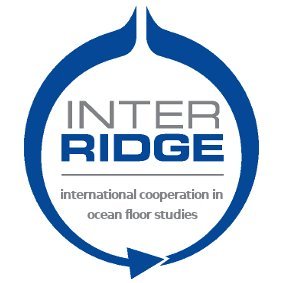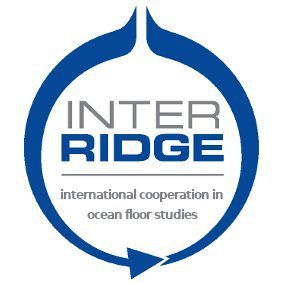InterRidge 2021 Webinar #3
Population genomics provide insights into symbiont transmission and local adaptation in hydrothermal vent snails (04:00 pm GMT, Tuesday November 23rd )
Summary
Hydrothermal vents are dominated by invertebrates that obligately rely on the chemosynthesis of their bacterial symbionts for nutrition in the otherwise food-limited deep sea. Most symbiotic vent animals transmit their symbionts horizontally through the environment such that at some early developmental stage, host animals must find and acquire their bacterial symbiont from the environment to survive. Here, I will present work assessing the population structure of symbionts associated with snail species from two sister genera, Alviniconcha and Ifremeria , that are foundation taxa at hydrothermal vents in the western Pacific and Indian Oceans. The results of our work, which includes analysis of both host-associated and environmental populations of symbionts, suggest that these snails transmit their symbionts horizontally through the environment and acquire geographically-distinct symbionts that may be functionally variable. Altogether, this corroborates a long-standing hypothesis that horizontal symbionts transmission allows vent invertebrates to acquire locally adapted symbionts given the possibility of dispersal to geographically distant and environmentally variable vent fields.
Main points
- The hydrothermal vent snail Alviniconcha and Ifremeria transmit their symbiont horizontally through the environment.
- Free-living populations of Alviniconcha symbionts are very similar to the host-associated populations from the same vent field.
- Alviniconcha and Ifremeria symbiont populations are structed within and between regions, and that, at least in the Lau back-arc basin, there is genomic variation between populations that suggests local adaptation.
- This work supports a long-standing but mostly untested paradigm of the benefits of horizontal transmission for the chemosynthetic symbioses that dominate hydrothermal vents worldwide.
Brief information about Dr. Roxanne Beinart: Main career and academic interest
Dr. Roxanne Beinart is an assistant professor at the University of Rhode Island’s Graduate School of Oceanography and a Simons Foundation Early Career Investigator in Marine Microbial Ecology and Evolution. Her laboratory studies the physiology, ecology, and evolution of marine microbial symbioses, with the ultimate goal of advancing knowledge of the function and significance of microbes in marine ecosystems. Beinart received a B.S in Biology (microbiology) from Cornell University, a Ph.D in Biology from Harvard University and carried out postdoctoral research at the Woods Hole Oceanographic Institution as a National Science Foundation Ocean Sciences Postdoctoral Fellow and WHOI Coastal Ocean Institute Scholar.

